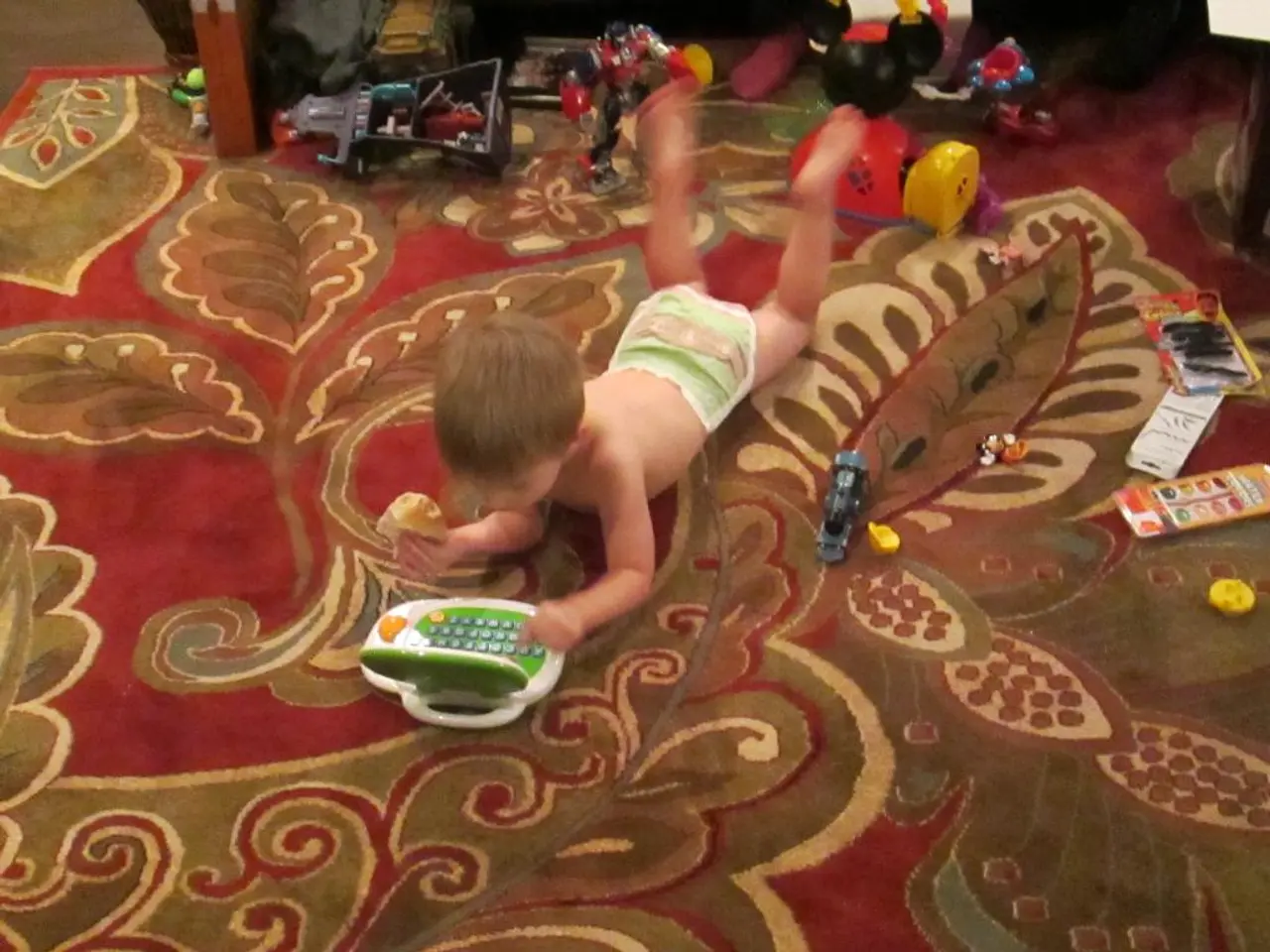The Impact of Entertainment on Healing and Recovery
Play media has emerged as a powerful tool in therapeutic settings, providing a safe and engaging environment for individuals from all walks of life to express their emotions, experiences, and problems. This versatile medium, which encompasses toys, games, art, imaginative activities, and digital tools, serves as a crucial aid in facilitating emotional expression, communication, and healing, particularly for children who may struggle to articulate feelings verbally.
One of the key benefits of play media in therapy is its ability to enhance emotional expression. Through play, art, and storytelling, children can indirectly express feelings such as anger, fear, sadness, or happiness, increasing their emotional awareness and intelligence. By building coping and problem-solving skills, children learn how to calm down when upset, explore solutions to conflicts, and develop resilience and self-esteem.
Play media also fosters therapeutic relationships, creating a non-judgmental and engaging space where children can build trust and rapport with therapists, encouraging openness and emotional connection. This supportive environment allows children to safely explore and master their experiences, often re-enacting difficult events with toys or role-playing to gain control and understanding of their experiences.
The integration of digital play tools is expanding the benefits of play media, enhancing engagement and accessibility. Online games and gaming applications are increasingly being used to engage teenagers in therapy, making the process more appealing and motivating.
Play media is not limited to traditional methods; it also includes diverse techniques such as kid-centered play therapy, sand tray therapy, art therapy, role-play therapy, and group play therapy. Each approach offers unique advantages in nurturing social skills, trust, and emotional expression.
Art materials, such as crayons and craft paper, are often used in therapy to express negative emotional reactions, feelings, or attitudes like grief, anxiety, or aggression. Puppets and role-play are used to help clients express their feelings and experiences in a safe and creative way, while toys are used as interactive tools to portray a client's life and surroundings, allowing them to express thoughts, opinions, and inner conflicts through role-playing.
Play media is particularly beneficial in addressing inner turmoil, anger, fear, and frustration. Role-play in therapy is used to reveal inner conflicts of clients that others and sometimes even the clients themselves often cannot see. This safe and non-judgmental medium allows clients to confront and process their emotions in a controlled and supportive environment.
In conclusion, play media acts as a natural, child-friendly medium for emotional expression, problem-solving, social development, and healing. By bridging the gap between entertainment and therapy, play media offers a unique and engaging approach to communication and personal growth, helping individuals from all ages and backgrounds to express experiences that are difficult to put into words. As the integration of digital play tools continues to evolve, the benefits of play media in therapy are set to expand, making therapy more accessible and appealing to a wider audience.
References:
[1] Gold V. (2015). Play therapy: The art of the relationship. Routledge.
[2] Landreth, G. L. (2012). Play therapy: Issues and trends. Wiley.
[3] Schaefer, C. B., & Borduin, C. M. (2015). The use of technology in child and adolescent psychotherapy. Child and Adolescent Psychiatric Clinics of North America, 24(4), 733-748.
[4] Urbach, P. (2008). Sandplay therapy: A contemporary perspective. W.W. Norton & Company.
- Engaging in art therapies and role-play, drawn from the realm of health-and-wellness, can boost one's emotional intelligence by enabling hidden feelings to be indirectly expressed, fostering personal growth.
- The integration of education-and-self-development practices such as sand tray therapy, kid-centered play therapy, and group play therapy, within science-backed methods, can significantly aid mental-health growth by promoting emotional expression, social skills, and problem-solving abilities.
- As technology advances, therapies-and-treatments like online gaming and digital applications are proving to be increasingly valuable in the field of mental-health, extending the reach of healing and personal-growth opportunities to a broader audience.




